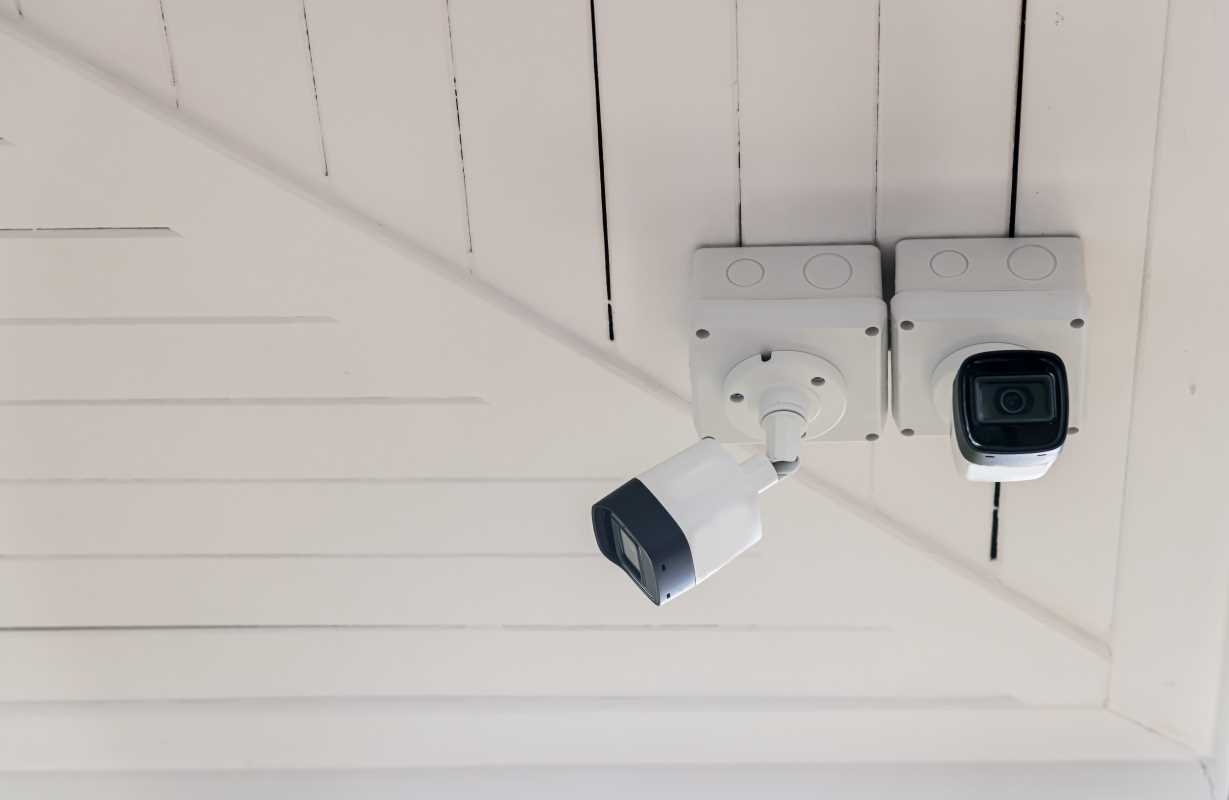Signing up for a home security monitoring service is about safeguarding your peace of mind. Having someone on call to alert emergency services at a moment’s notice can be a game-changer. Unfortunately, not every service contract is as rock-solid as the promises in their brochures. Some contracts are riddled with fine print, hidden fees, and conditions that could leave you stuck with more hassle than protection. Avoiding these pitfalls starts with knowing what to look for before you sign on the dotted line. Before signing up for anything, look for these common red flags in security monitoring service contracts. This way, you can protect your home without falling into a trap that costs you time, money, or patience.
Equipment Ownership and Charges
Knowing who owns the security equipment installed in your home is an important detail. Some companies offer “free” equipment, but it’s often tied to clauses that might not work in your favor. You could end up charged for the cost of the devices if you cancel your contract early.
Ask directly if the equipment is included as part of the service or if you'll be leasing it. Leased equipment usually means an ongoing expense, and in some cases, you’re required to return it even after years of service. That can feel frustrating, especially if you’ve already spent thousands over the course of the contract.
Lengthy Contract Terms
Long-term contracts might seem like an obvious commitment for home security, but pay attention to just how long they are. Contracts locking you into three, five, or even seven years can be risky. Life changes. You might move or decide on a better service provider during that time, leaving you stuck with hefty fees to get out of your agreement.
Look for shorter, more flexible contracts. Month-to-month plans or one-year agreements provide more freedom to adjust as needed. If a company only offers long-term contracts, make sure they include clear early termination terms in plain language.
Automatic Renewal Clauses
Cancellations become complicated when automatic renewal clauses are hidden in the contract. These clauses extend your service beyond the original term, often without warning. Missing the small print about a 30-day cancellation notice can mean being locked back into an extended term you didn’t even agree to.
Before you sign, check how renewal works and be sure there’s an option to opt out before the term ends. Keep track of dates so you’re not blindsided by unexpected charges post-renewal.
Expensive Early Termination Fees
Canceling service early often comes with penalties, but some companies take these fees to extreme levels. Paying the equivalent of all remaining payments in your contract can make cancellation almost impossible unless you’re fine with throwing money out the window.
Find out upfront how much it costs to terminate early. A reasonable standard might involve paying for three months of service or prorated charges for unused time. Anything more should make you think twice.
Limited Service Transferability
Contracts often don’t account for life events like moving to a new home. Many service providers charge fees to transfer equipment or simply don’t allow your contract to move at all. The result? You could be stuck paying for a system you can’t even use.
Ask about their relocation policies. Some companies make this process smooth by installing at your new home for free or with minimal charges. Others might require you to start from scratch, equipment and all.
Outdated or Proprietary Equipment
Being locked into proprietary equipment is another common pain point. Systems designed to work exclusively with one provider mean you can’t switch to a competitor without costly upgrades or replacements. Outdated equipment adds to the problem. A company might sell you on top-tier protection only to leave you with tech that’s years behind industry standards.
Look for companies offering systems that integrate with third-party software or hardware. Smart home devices like cameras or locks should work seamlessly with technologies you already own, so switching services doesn’t leave you stranded with unusable gear.
Poor Warranty or Maintenance Policies
Understanding who is responsible for maintaining the security equipment is important. Some contracts don’t guarantee repairs after installation, leaving you footing the bill for replacing faulty cameras, sensors, or control panels. Having your security system break down without coverage adds unexpected costs and frustration.
Check to make sure the contract outlines maintenance or warranty responsibilities. Reputable companies typically include free or low-cost system repairs as part of the agreement. Be cautious of vague terms around what's covered if your equipment fails.
Lack of Clear Pricing Details
Vague pricing details are a red flag worth running from. Some contracts start with a low introductory rate but hike fees over time without transparency. Hidden charges might include installation, service visits, or monitoring fees that only show up after you’ve signed.
Ask for a detailed breakdown of all costs before agreeing. Written estimates should include monthly monitoring charges, equipment fees, installation costs, and potential add-ons. Providers unwilling to be upfront about pricing likely aren’t interested in earning your trust.
Limited Customer Support
Customer support can make or break your experience with a monitoring service. Contracts rarely specify support terms in detail, so it's important to clarify with the provider. A lack of 24/7 service or slow response times during equipment malfunctions can leave you unprotected and stressed.
Test their customer service before committing to the contract. Reach out with questions about their offerings and gauge the response time and helpfulness. Companies with poor support systems typically reveal their weakness early in this process.
Unclear Cancellation Procedure
Navigating cancellations should never feel like cracking a code, but some providers purposefully complicate the process to keep you locked in. Vague cancellation instructions or requiring written mail requests to cancel are tactics designed to frustrate customers into staying longer.
Ask for clear cancellation steps in writing. Confirm if cancellations can be made over the phone, through email, or online. Straightforward and transparent companies will walk you through ending service.
No Performance Guarantees
Contracts without guarantees for service performance put all the risk on you. If the company fails to provide timely alerts or experiences system outages, you could still be required to pay with no compensation.
Request performance guarantees in the agreement. Providers confident in their system reliability won’t hesitate to outline standards for uptime and accountability should things go wrong.
Hidden Legal Clauses
Some service contracts include legal jargon designed to protect the provider more than you. Things like arbitration clauses deny you the ability to take legal action against the company, locking you into resolving disputes on their terms.
Always read the fine print or have an attorney review the contract if something feels off. Pay attention to wording around dispute resolution, liability limitations, or any terms heavily favoring the provider over your interests.
 (Image via
(Image via





